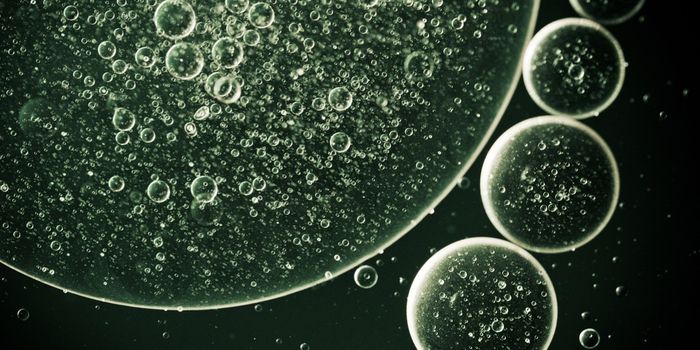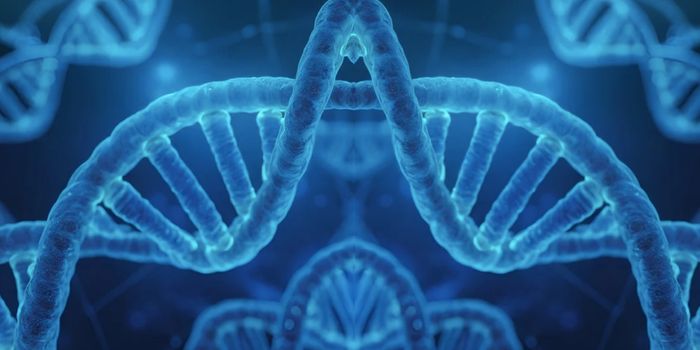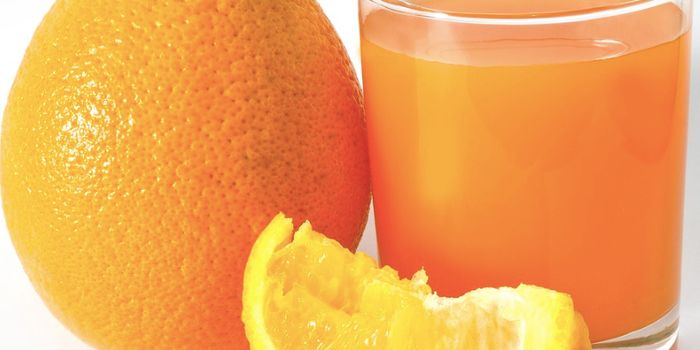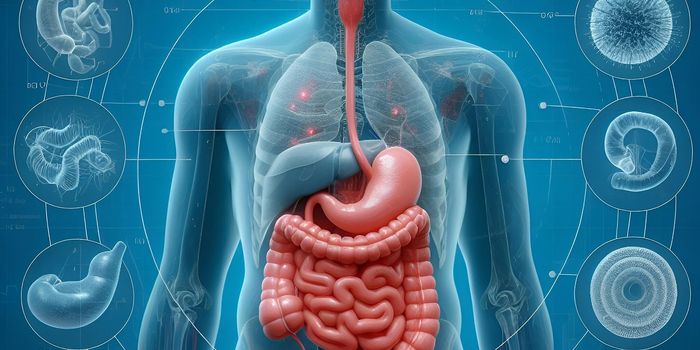A New Type of Antibiotics Help the Immune System Fight Pathogens
Reporting in Nature, scientists have identified a new group of compounds that may help us get out of the antibiotic-resistant bacteria crisis. These novel drugs work by improving the immune system's natural ability to fight pathogens while also battling the infection directly.
"We took a creative, double-pronged strategy to develop new molecules that can kill difficult-to-treat infections while enhancing the natural host immune response," said Farokh Dotiwala, M.B.B.S., Ph.D., assistant professor in the Vaccine & Immunotherapy Center and lead study author.
In this study, the researchers tried to create a new class of antimicrobial agents called dual-acting immuno-antibiotics (DAIAs). Most antibiotics take aim at essential biological functions in bacteria like the construction of the cell wall or metabolic pathways. But pathogens are able to adapt and can find ways to avoid the effects of these drugs, or simply eject the drug from the microbial cell.
When designing this drug, the researchers decided to target a biological pathway that most bacteria need to survive but is not found in humans. This pathway generates an important group of bacterial molecules called isoprenoids. An enzyme, IspH, is a crucial part of the isoprenoid synthesis pathway that the researchers zeroed in on.
After developing IspH inhibitors that could also get into bacterial cells, something that was not previously possible, the team showed that these molecules could also trigger bacteria-killing activity in the immune system. The drug was shown to cause the activation and expansion of T cells in a cell culture model.
When tested in a model of gram-negative bacterial infection, the IspH inhibitors were better at destroying the infection than typical pan-antibiotics. The IspH inhibitors, importantly, were also not toxic in a human cell model.
"We reasoned that harnessing the immune system to simultaneously attack bacteria on two different fronts makes it hard for them to develop resistance," said Dotiwala.
"Immune activation represents the second line of attack of the DAIA strategy," said Kumar Singh, Ph.D., Dotiwala lab postdoctoral fellow and first author of the study.
"We believe this innovative DAIA strategy may represent a potential landmark in the world's fight against AMR, creating a synergy between the direct killing ability of antibiotics and the natural power of the immune system," added Dotiwala.
Sources: Science Daily via The Wistar Institute, Nature









